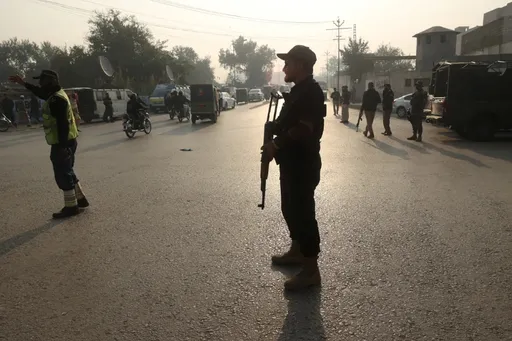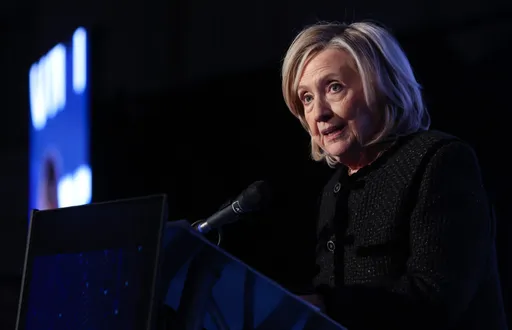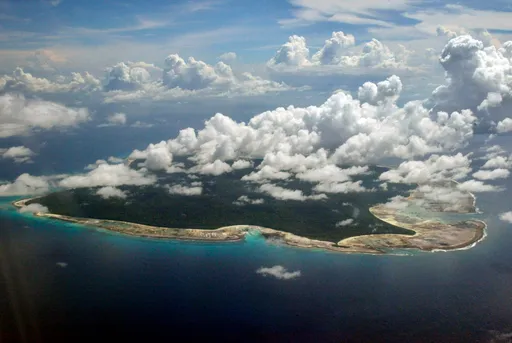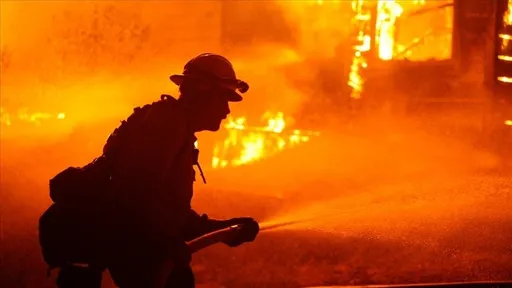For centuries, warlords and dictators have created opportunities from political instability, using the cover of wars and conflicts to prosper illicitly.
In Libya and Syria, where nearly decade-long bloody civil wars have killed hundreds of thousands of civilians, destroying most of the countries’ infrastructure, there are two strongmen who are still holding the ground and allegedly proving to be excellent war-profiteers.
These men are Syria’s Bashar al Assad, whose family has led the country for four decades with an iron fist, and Khalifa Haftar, a former disgraced general-turned-CIA-operative, who finally embraced the life of being a warlord in the Libyan conflict.
The two men have now reportedly developed a working relationship to carry out their violence-filled agendas in the already chaotic Middle East. They are allegedly allowing illicit drug trafficking through the Mediterrenaen ports under their control along the Syrian and Libyan sea boundaries.
“Haftar‘s Military Investment Commission has long embarked on opening a maritime shipping and air route to create a black economy with the Assad regime to help the regime evade sanctions and benefit financially," wrote Fathi Bashagha, the interior minister of the Libya’s UN-recognised Government of National Accord (GNA), on Twitter.
Since the beginning of the civil war, Libya has had two rival governments - one is led by the GNA, which is based on Tripoli, the country’s capital in the west and another is led by Haftar’s Libyan National Army (LNA), which is based on Benghazi in the east.
While Turkey and Qatar support the internationally-recognised GNA, France, the UAE, Saudi Arabia and Assad's strong ally Russia back Haftar forces.
On April 12, Bashagha said, Egyptian customs authorities in Port Said seized “four tons of hashish on a ship named EGY CROWN, coming from Syria and headed to the port of Benghazi”.
“The drugs were placed in milk cartons manufactured by a Syrian company named Milkman owned by a Syrian businessman listed on US & European sanctions regulations,” detailed Bashagha further the illegal transaction between Haftar and the Assad regime.
The Syrian businessman the interior minister referred to is Rami Makhlouf, one of Syria's most powerful oligarchs and the owner of Milkman. He also happens to be Assad’s cousin.
Makhlouf is Syria’s richest man, who owns more than half of Syria’s wealth. But apparently under Russian pressure, he seems to have recently fallen out of Assad's favour. He's facing the prospect of losing most of his assets as the Assad regime has launched a crackdown on his companies.
Before the Egypt discovery, in late April, Saudi Arabia also seized Syrian-origin shipments from Assad-controlled territories in the kingdom’s eastern Al Batha Port and its western King Abdullah Port. The shipments included about 44.7 million narcotics pills put in herbal beverage packages.
Assad and Haftar: two mafia-type leaders
Behind the scenes, Libya’s Haftar and Syria’s Assad have long collaborated with each other, using different means, including illicit trade.
But in March, they took their relationship into a new level as the Syrian regime and Haftar’s LNA signed an agreement to open their respective missions in their controlled territories in both countries.
"A memorandum of understanding was signed... for the reopening of diplomatic and consular missions," reported SANA, the Syrian regime’s official news agency, referring to the agreement between the Haftar forces and the Assad regime.
Since then, they have apparently been working even closer together.
Both the Assad family and the former Libyan dictator Muammer Gaddafi, who was ousted in 2011 during the Arab Spring movements, have been known for their illicit connections with drug traffickers, smugglers and mafia-type entities.
While the Assad family has been able to survive the Arab Spring at a brutal cost to the Syrian people, Haftar, a former general of the Libyan dictator, has long aspired to be the next Gaddafi of the North African state, putting Libya in a state vulnerable to illicit drug trade.
Illicit trade
In the 1990s, during the Syrian control of Lebanon’s rich Bekaa Valley, the Assad family benefited from illegal drug trafficking more than anybody else, according to Melvyn Levitsky, a former assistant secretary of state for international narcotics matters and US Representative to the UN’s International Narcotics Control Board.
“The Bekaa Valley provided half the supply of heroin consumed in Europe and accounted for more than 50 percent of Syria’s foreign income, as well as a rich source of income for Hafez al Assad’s brother, Rafat,” wrote George C. Kraehe, an assistant US attorney and national security prosecutor for the US Department of Justice, in a comprehensive article.
Hafez al Assad was Bashar al Assad’s father and Syria's previous president.
“Syria’s trade in narcotics was such that the US Drug Enforcement Agency (DEA) designated Syria a major drug transit and illicit drug-producing country in the international heroin and cannabis trade,” Kraehe continued.
“The Syrian army was directly involved in the traffic, extracting monetary tribute from traffickers to allow heroin through control points and allowing the use of army trucks and helicopters to transport narcotics to transfer points on the Lebanese coast,” Kraehe added.
While Syria withdrew from the Bekaa Valley in 2005, the Assad regime has continued to benefit from illicit drug trade anyway, according to different organised crime monitoring groups.
“The primary ports of Latakia and Tartous [in Syria] offer traffickers direct access to shipping lanes to get captagon to markets in the Arab peninsula and other destinations. This has most recently been evidenced by a large seizure in December of 2015 of 102kg of captagon and 1 ton of hashish by the Turkish coast guard off the coast of Libya,” said a report prepared by the Global Initiative Against Transnational Organised Crime, a global monitoring group of illicit trade.
“Financial intelligence and anti-drug agencies are aware that the Assad regime is globally financing its activities by smuggling drugs through Syria to many countries, including Libya, via ports in the eastern region,” Bashagha asserted, referring to Benghazi and Tobruk, the two important Mediterrenean ports of Libya, which are controlled by Haftar forces.
Bashagha’s claims on the Haftar-Assad connection have also been backed by previous research conducted by international groups such as the Global Initiative.
“It is possible that Libya is acting as a redistribution point of captagon and hashish shipped from Syria to transit countries or potentially destination markets in East Africa (particularly Sudan) and elsewhere,” the Global Initiative report said.
“Maritime law enforcement within the region have noted that Libya has become a transit point for organised crime not only for illegal migrants into Europe but for moving illicit drugs throughout the region with limited detection,” the report added.























